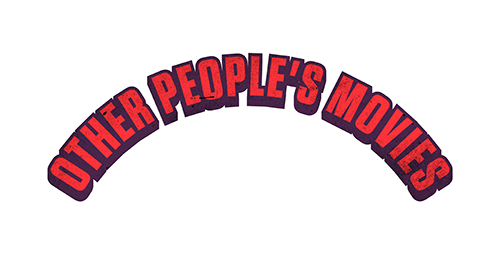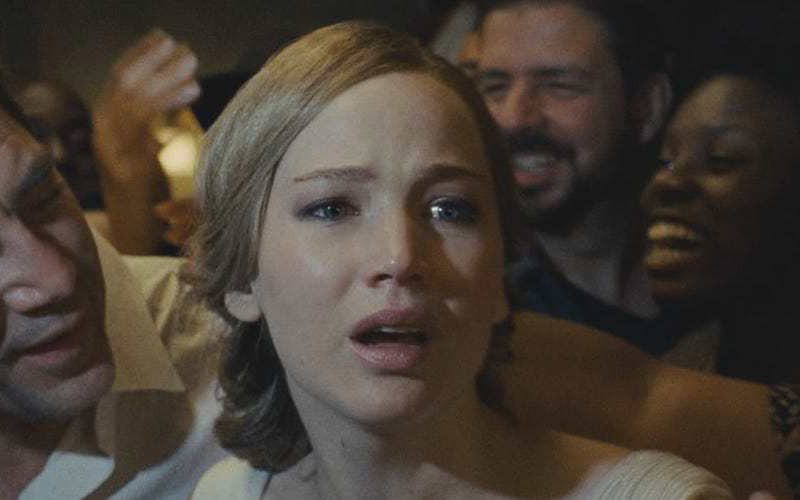
Richard Donner was a film director who explored many different genres. Comedy, drama, action, Western, horror, fantasy, superhero, family… you name it, and he did it masterfully. What he lent to each genre he worked within is insurmountable, as he pretty much left behind a classic in each one. His recent passing on July 5, 2021, deprived us of any more classic additions, but it also makes us appreciate the ones he gave us all the more.
Donner’s extensive background in directing television in the sixties and seventies set the stage for his chameleon-like and functional approach to feature filmmaking. He directed classic episodes of many popular series, such as the Western Wanted: Dead or Alive starring Steve McQueen or Rod Serling’s science fiction/horror The Twilight Zone, before he was given the opportunity to direct a feature. Donner never limited himself to be a single type of director for any single type of project. His sensibilities and intelligence were developed early in his career to fit endless possibilities.
Though there are a number of attributes that are unique to his films, Richard Donner was not exactly an auteur. He was a craftsman who served his film’s story, performers, and crew by staying out of the way and letting people do their jobs. Donner once compared a director’s function on a film set to that of a traffic cop, and such an ego-less perspective is evident in his films. Donner directed his movies towards what was best for them, not his own singular vision.
Across multiple genres and styles, the one constant through line to Richard Donner’s work is its humanity. Political and humanitarian messages are present throughout his work, but they are usually reserved for the background so as not to distract from the viewer’s enjoyment. It is apparent when viewing his films that Richard Donner had extreme love for and an endless fascination with people. His movies are alive with his warmth for humanity, filled with vivacious moments of spontaneity that are as irreplaceable as they are unforgettable. While the themes, characters, and storylines of Richard Donner’s films are often different, his endearing and high-spirited soul always permeated them to become his most identifiable trademark.
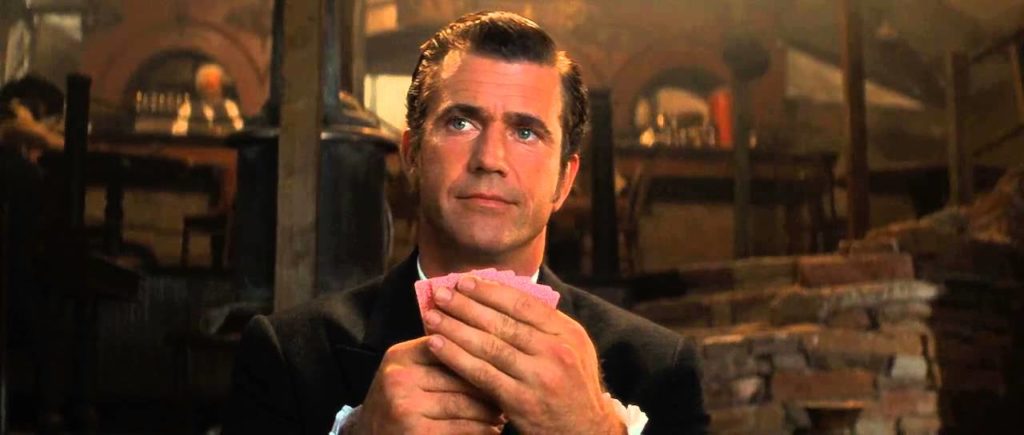
10. Maverick (1994)
Based on the popular television series from the fifties and sixties, Maverick is perhaps the most shamelessly escapist film of Richard Donner’s career. The loosely scripted (by screenwriting legend William Goldman), thinly plotted comedic Western has a storyline that feels like an excuse for its immensely talented cast—Mel Gibson, Jodie Foster, James Garner, Graham Greene, James Coburn, Alfred Molina, etc.–to let go and have completely unfettered, infectious fun.
Maverick is Hollywood entertainment at its finest. It showcases Donner’s love and respect for his actors, as the film is literally stuffed with sparkling moments of improvisation that could never be duplicated. The price for such moments–haphazard pacing and an overly long runtime—is well worth the entertainment and laughter they bring.
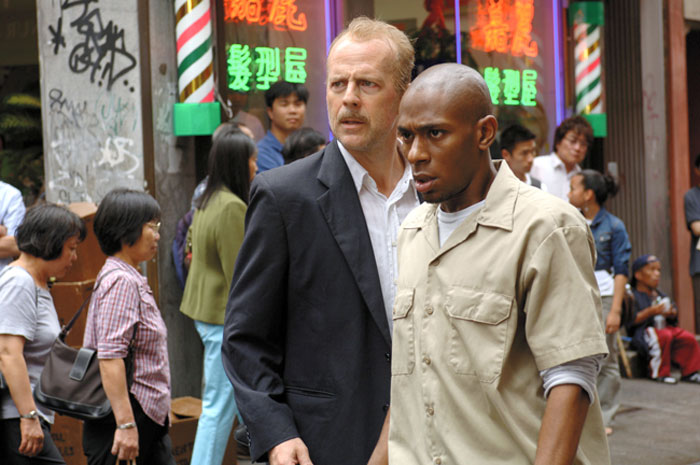
9. 16 Blocks (2006)
Donner’s last directorial effort is an action/thriller that lacks the overt flair and humor of his better-known titles, opting instead for a quieter, more dramatic approach. 16 Blocks is methodically slow-burning and astutely character-driven. Bruce Willis stars as an embittered, alcoholic police officer who has to fight off his corrupt colleagues (lead by an always captivating David Morse) while escorting a convict (the charismatic Mos Def) to a courthouse across New York City.
Lacking the explosive spectacle of many of his previous works, 16 Blocks is based more in reality than it is in movie logic. Its highly engaging tension and suspense naturally grow from its characters’ behavior, ethics, and predicaments. For both Willis and Donner, the film is a thoughtful change of pace from their usual, escapist-oriented police thrillers. Though it wasn’t intended to be as such, 16 Blocks is the perfect, subtle swan song to Donner’s explosive career.
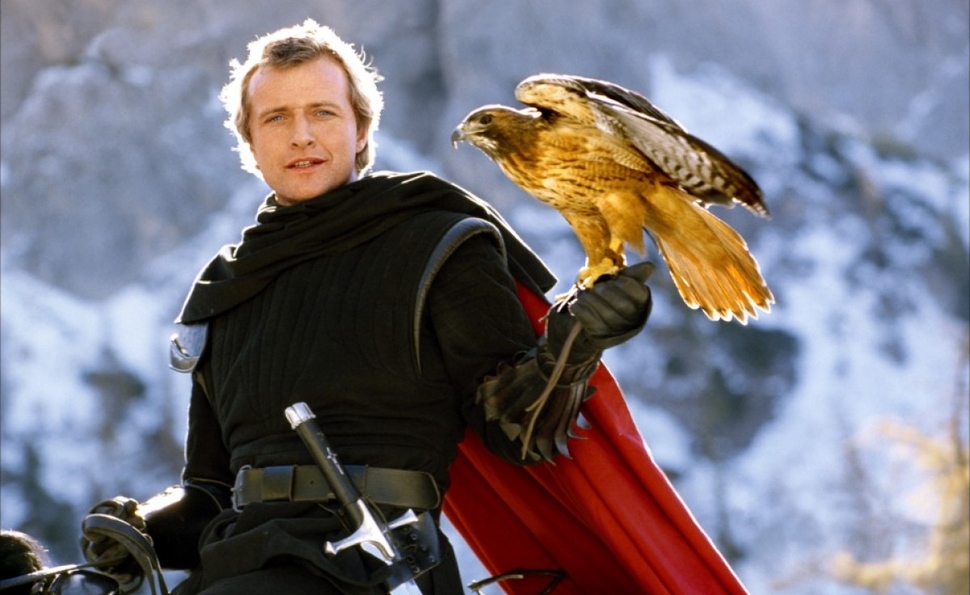
8. Ladyhawke (1985)
This medieval fantasy/adventure is one of the most charming and stylish entries on Richard Donner’s resume. Belonging in the same category and league as other eighties fantasy classics such as Willow and The Princess Bride, Ladyhawke is a funny, exciting, darkly mysterious, and deeply romantic fable that holds up as strongly today as it did when it was released over thirty years ago. It’s a movie that can be enjoyed and appreciated at any time by audiences of basically any age (though it might be too intense for younger viewers).
Like most of Donner’s best films, much of Ladyhawke’s appeal comes from its highly talented and effortlessly likable cast. Matthew Broderick, Michelle Pfeiffer, and Rutger Hauer all benefit from Donner’s actor-friendly approach, delivering natural and grounded performances that are amongst the best of their careers. Their work adds a layer of tangible human reality to Ladyhawke’s otherwise fantastical storyline and environment.

7. Radio Flyer (1992)
Like The Goonies, Radio Flyer is a Richard Donner film that is seen through the innocent, limitless, and adventurous eyes of children. Unlike The Goonies, Radio Flyer takes on darker themes that, unfortunately, have prevented it from ranking with Donner’s more successful and classic titles. Radio Flyer works on many different levels, and escapism isn’t one of the primary ones. It is a brave and complex film that manages to take a highly disturbing topic (child abuse) and make it accessible and relatable to mass audiences.
Radio Flyer doesn’t trivialize or soften the subject of child abuse, it simply refuses to sensationalize or rub its audience’s noses in it. Richard Donner was a director of immense class and taste, and his sensibilities were what David Mickey Evans’ thoughtful and emotional screenplay needed to be brought to life. Radio Flyer tackles its disturbing subject matter with beauty and sensitivity, making it one of the most artistically rewarding films of Donner’s career.
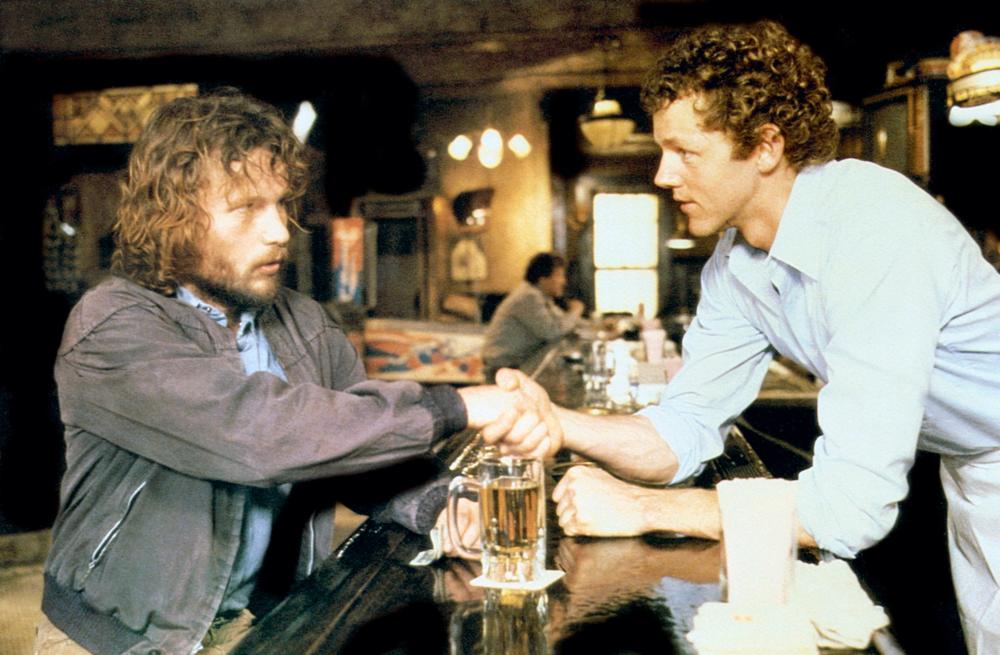
6. Inside Moves (1980)
With its own merits and in its own way, Inside Moves can be viewed as Richard Donner’s precursor and practice run for his Lethal Weapon movies. Lacking that franchise’s spectacle and excitement, the film is a drama that examines many difficult and adult topics, but in a typically (for a Donner film) life-affirming way. Like the first Lethal Weapon, Inside Moves is a loving and thoughtful examination of depression, friendship, loyalty, loss, and loneliness. You’re just not going to hear any explosive gunfire or lay witness to any riveting car chases in this particular film.
Loosely plotted, structured, and paced, the film is wholly character-driven. Donner provides his exceptional cast—David Morse, John Savage, Diana Scarwid, Amy Wright, Tony Burton, etc.—with a plethora of moments that advance and enliven their characters without providing much consideration for the film’s charmingly thin storyline. Inside Moves is a highly touching film that is filled with a genuine and robust warmth for humanity. It contains so many of Richard Donner’s most endearing and identifiable traits as a director that it’s no surprise he considered the film to be one of the best, if not the absolute best, of his career.
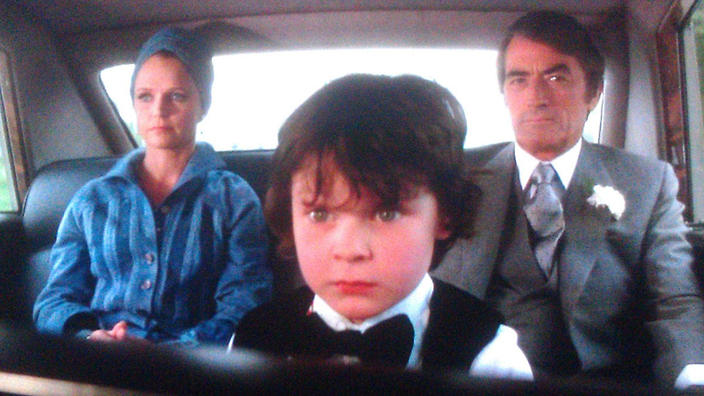
5. The Omen (1976)
If there’s one title that sticks out like a sore thumb on Richard Donner’s filmography, it’s The Omen (since this list is designed to celebrate him, we won’t get into Timeline). Despite its smash success, it’s the only horror feature he ever directed–though he did explore the genre before it with television episodes of The Twilight Zone and would do so afterward with episodes of Tales From the Crypt. The Omen proves that Donner was well-suited to the genre, but his obvious affinity for more positive material likely prevented him from pursuing it any further.
The Omen is more plot- and atmosphere-driven than most of Donner’s other films. It is tautly paced and heavily stylized with sporadic quick cuts and clever cinematography that contrast his usual, more conspicuous approach behind the camera. The film’s effectively tense and horrific tone appropriately lacks his usual warmth. The Omen stands as a reminder that Richard Donner was a director who served the needs of his film before he served himself.
Fun facts: this is the first of three Richard Donner movies where a character falls from a high window and onto a car—the other two being Inside Moves and Lethal Weapon. It was also his first of several collaborations with editor Stuart Baird.
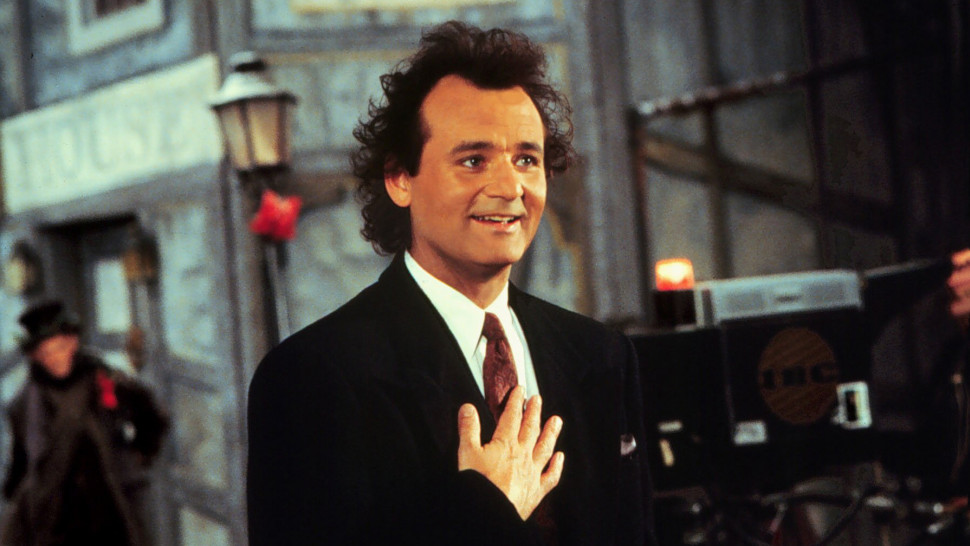
4. Scrooged (1988)
Richard Donner’s movies are often dominated by a playful and humorous tone, regardless of their primary genre. Considering this, it’s almost odd that he only directed a handful of certified comedies during his long career—namely this title, 1982’s The Toy starring Richard Pryor, Maverick, and a couple of his early films from the sixties and seventies, Twinky and Salt and Pepper. Scrooged is easily his most revered comedy, however, as it has become nothing short of a Christmastime classic since its release.
Based on the Charles Dickens classic, Scrooged is a full and wild ride that never gets old. It’s funny, dark, twisted, strange, absurd, and, ultimately, so unabashedly saccharine that you can’t help but be moved to tears by the film’s ending. Starring Bill Murray in a now-iconic role, Scrooged is Richard Donner at his most playful, his most gleefully demented, and his most warmly sincere.
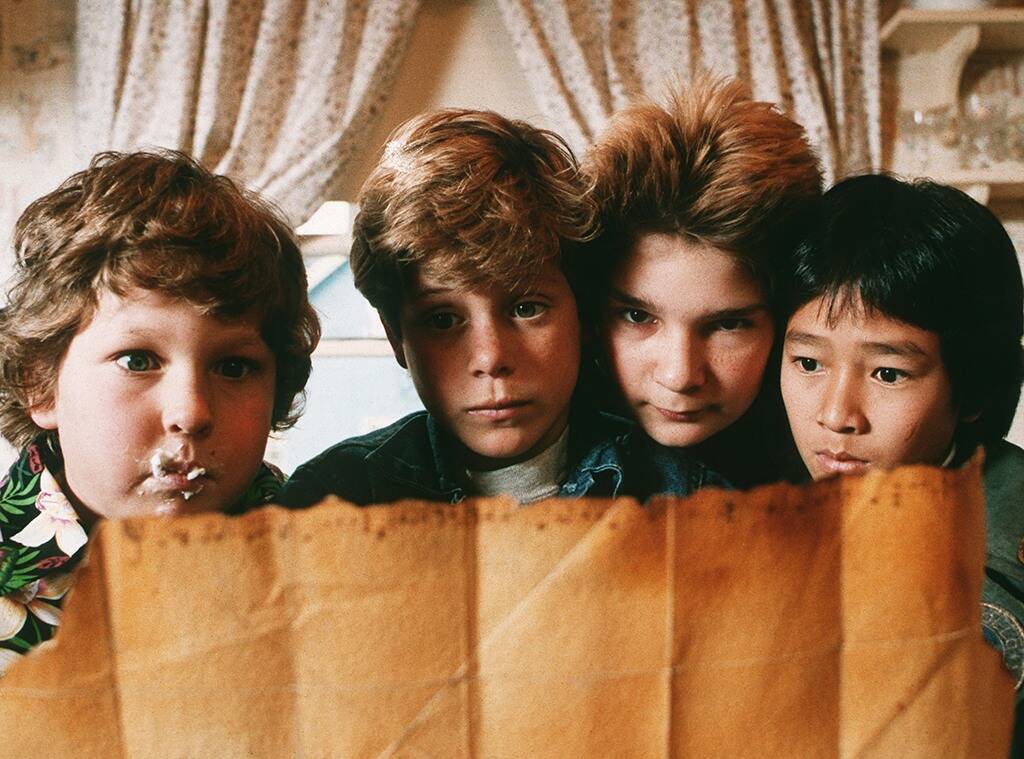
3. The Goonies (1985)
Producer/story writer Steven Spielberg, screenwriter Chris Columbus, and director Richard Donner teamed up to create this ultimate children’s movie. The Goonies will be a classic until the end of time because it so effortlessly captures the spirit and imagination of what it’s like to be a child seeking adventure. The movie is a childhood fantasy–complete with pirates, criminals, romance, and monsters—come to thrilling and exuberant life.
The children in the film (Sean Astin, Jeff Cohen, Corey Feldman, and Ke Huy Quan) deliver some of the most naturalistic and believable child performances ever captured on film. Their reactions and banter are completely organic, showcasing Donner’s extreme gift for getting unpredictable and lively performances from his actors—even the ones who haven’t reached puberty yet. Donner’s childlike enthusiasm is apparent in every frame of The Goonies, a movie that benefits from the perfect casting of its director immeasurably.
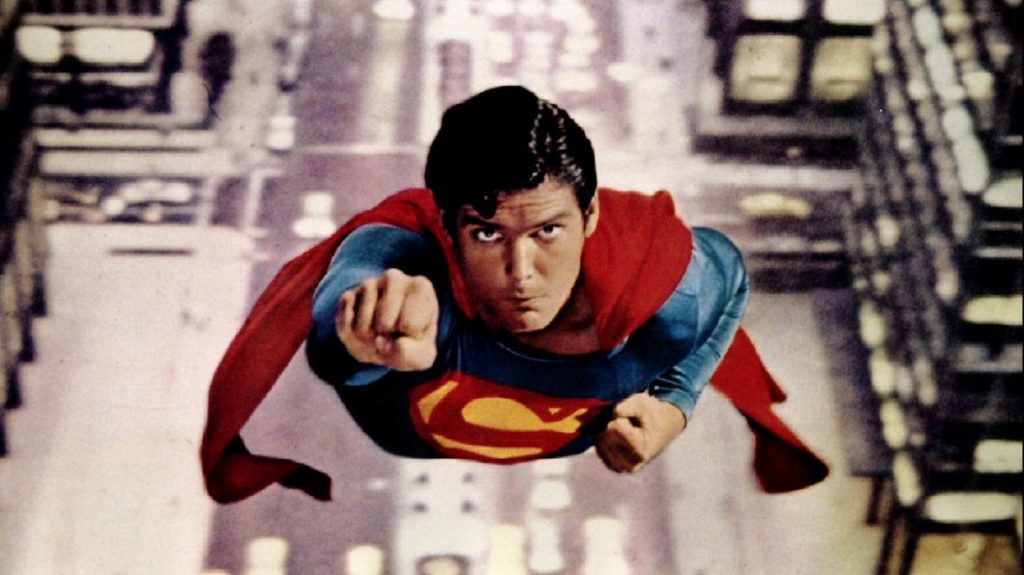
2. Superman (1978) and Superman II: The Richard Donner Cut (1980/2006)
When it comes to where we are with superhero movies today, Richard Donner started it all. He was the first filmmaker to make us believe in a superhero onscreen, both tangibly and emotionally. In Donner’s Superman, the iconic and fantastical titular character is brought down to our reality. He isn’t merely a superhuman in tights, he’s a living, breathing character with feelings and needs with whom audiences can identify.
Donner’s Superman is an earnest and heartfelt film. While it has plenty of humorous moments (primarily courtesy of Margot Kidder’s lovably feisty portrayal of Lois Lane), it was ahead of its time when it was released because it is a comic book movie that asks to be taken seriously. The then-groundbreaking, pre-digital visual effects were astonishing at the time, allowing for audiences to accept that a man could actually fly. Christopher Reeve’s grounded and integrity-laden portrayal of the classic DC character also adds a layer of believability and humanity to the film’s otherworldly universe.
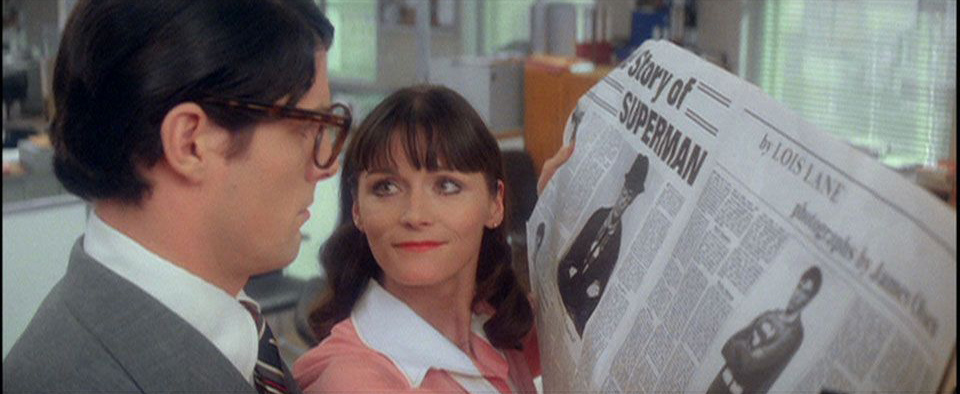
Before it was released, no one quite knew what to make of Donner’s vision. Both Superman and Superman II were initially filmed simultaneously in the late-seventies with Donner at the helm. Due to budgetary concerns and Donner’s disagreements with producers Ilya and Alexander Salkind, filming was halted on the sequel so the first installment could be given top priority. When production eventually resumed on Superman II, Donner was replaced by Richard Lester, who received sole directing credit on its 1980 release (even though Donner had directed large chunks of it).
In the mid-2000s, Donner was finally allowed to realize his vision of the sequel, and audiences were treated to the home video release of Superman II: The Richard Donner Cut. Superior to the theatrical release, Donner’s cut of Superman II is the perfect continuation of what he began with the first film. It is a sincerely moving, funny, and awe-inspiring (despite some clunky digital effects that were used to complete it) piece of filmmaking that stands right beside its predecessor in both quality and impact. Now that we’ve lost him, it’s more important than ever to pay respect to Donner’s vision and see what he intended to do with his first cinematic franchise.
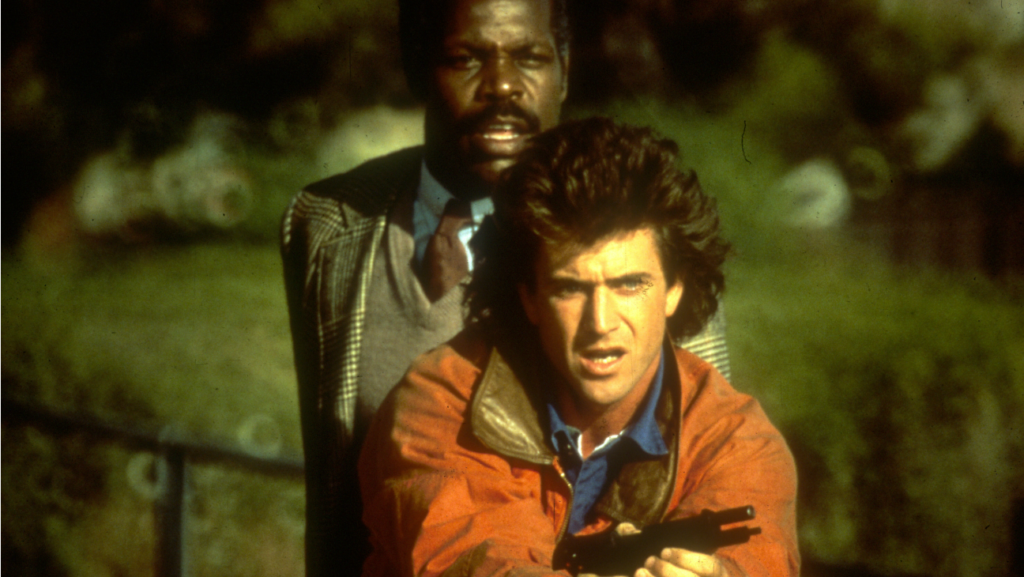
1. Lethal Weapon (1987)
There are many reasons to love Richard Donner’s Lethal Weapon, even now that it’s over thirty years old. It was the beginning of one of the most beloved action franchises of the eighties and nineties, and it still holds up today as being one of the most thrilling, funny, and surprisingly heartwarming movies of its kind. They just don’t make them like Lethal Weapon anymore, and the movie stands as a testament to Donner’s irreplaceable talent behind the camera.
Shane Black’s screenplay (which sold for a record-setting amount) gave us the classic buddy cop pairing of Martin Riggs and Roger Murtaugh. The characters are iconically portrayed by Mel Gibson and Danny Glover, whose irreplaceable onscreen chemistry is so high-spirited and effortless that it’s almost magical to watch. This was the first of six feature collaborations between Gibson and Donner, and it’s clear that Gibson was at his freest and most vulnerable when working with the director.
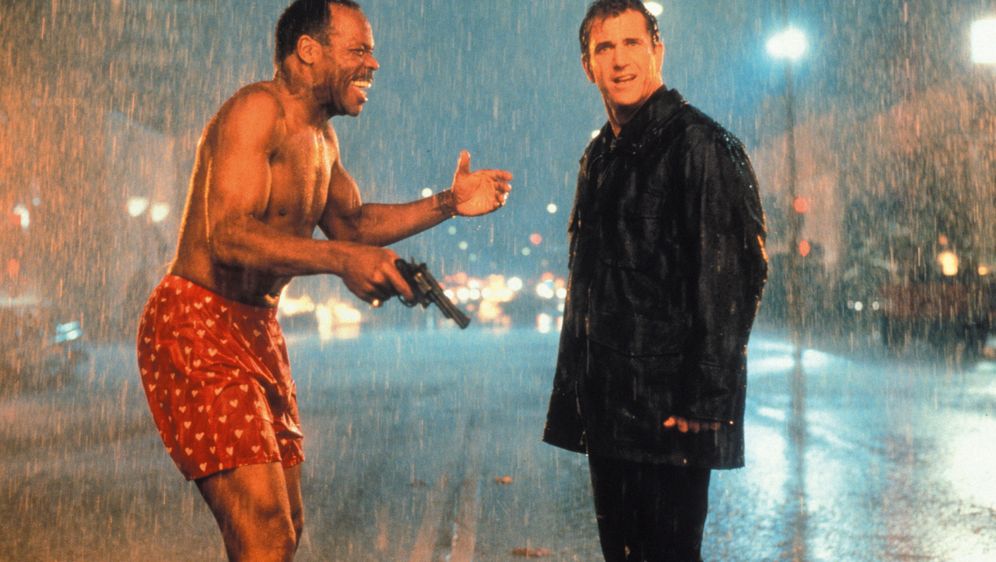
Donner was the ideal choice to capture the delicate balance of humor, action, and drama in Black’s screenplay. Riggs is a fundamentally damaged character who is brought back to life by his new friendship with Murtaugh. The heart and the soul of the movie (and the entire franchise) lie in the endearing friendship between the two men. Without their characters being as fully developed and explored as they are, all the chases, shoot-outs, and witty banter would be meaningless. The spectacle and entertainment value of the film is an extension of Riggs’ and Murtaugh’s love for one another, and Donner’s clear understanding of that is what makes Lethal Weapon the classic it is today.
Lethal Weapon is followed by three sequels, which get sillier and more outlandish with each new entry. While they are all wonderfully entertaining pieces of escapism, they lack the depth and expert tonal juggling that make the first film as great as it is. Donner was reportedly working on a fifth and final Lethal Weapon at the time of his passing, and it’s a tragedy that audiences won’t get to see his complete vision of the series. Though the sequels aren’t quite as special as the original, they are still important pieces of Richard Donner’s filmography that feature some of his most prominent qualities as a filmmaker. Just one more of them would have been nothing short of a joy for fans of the series and the monumentally talented director behind it.
